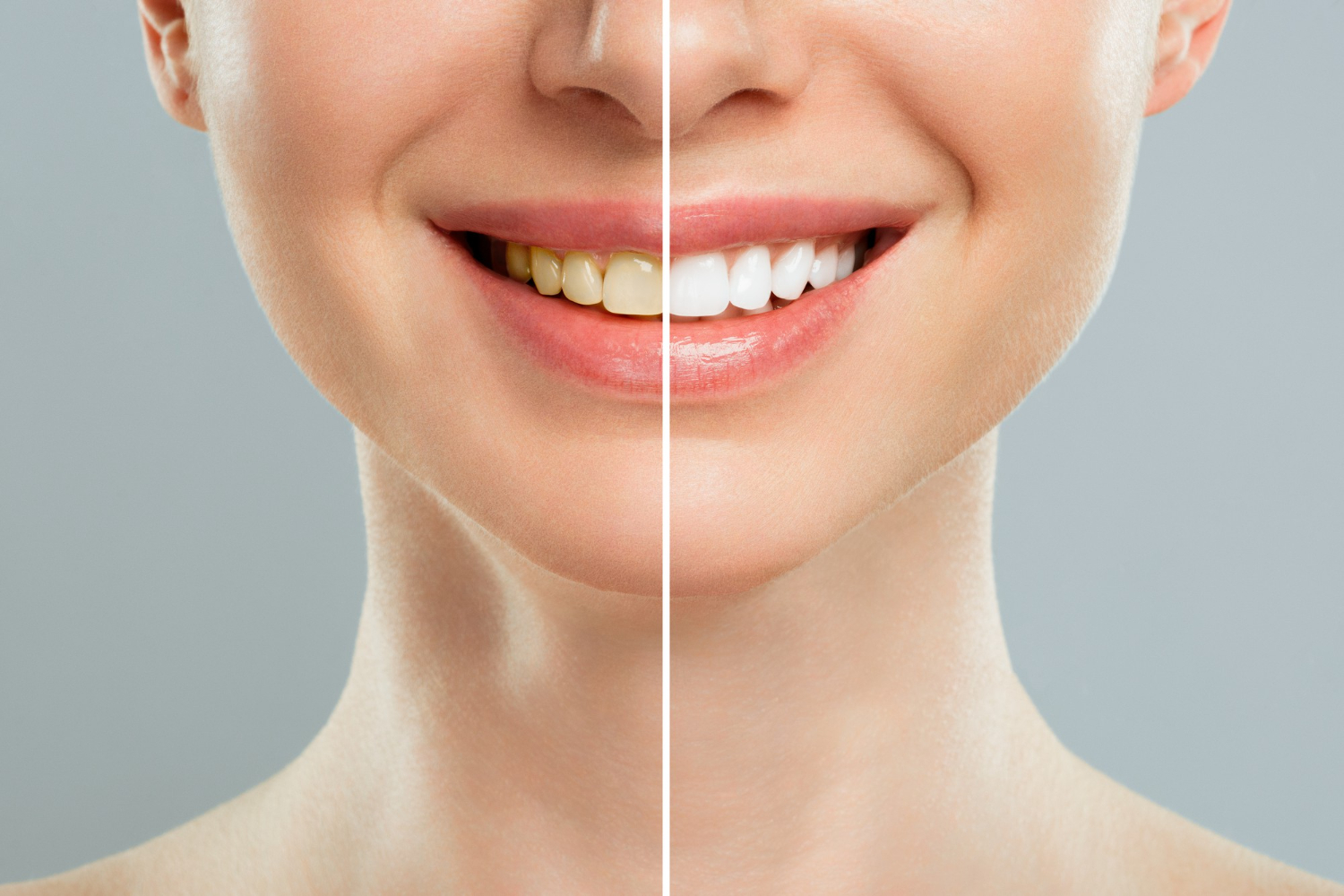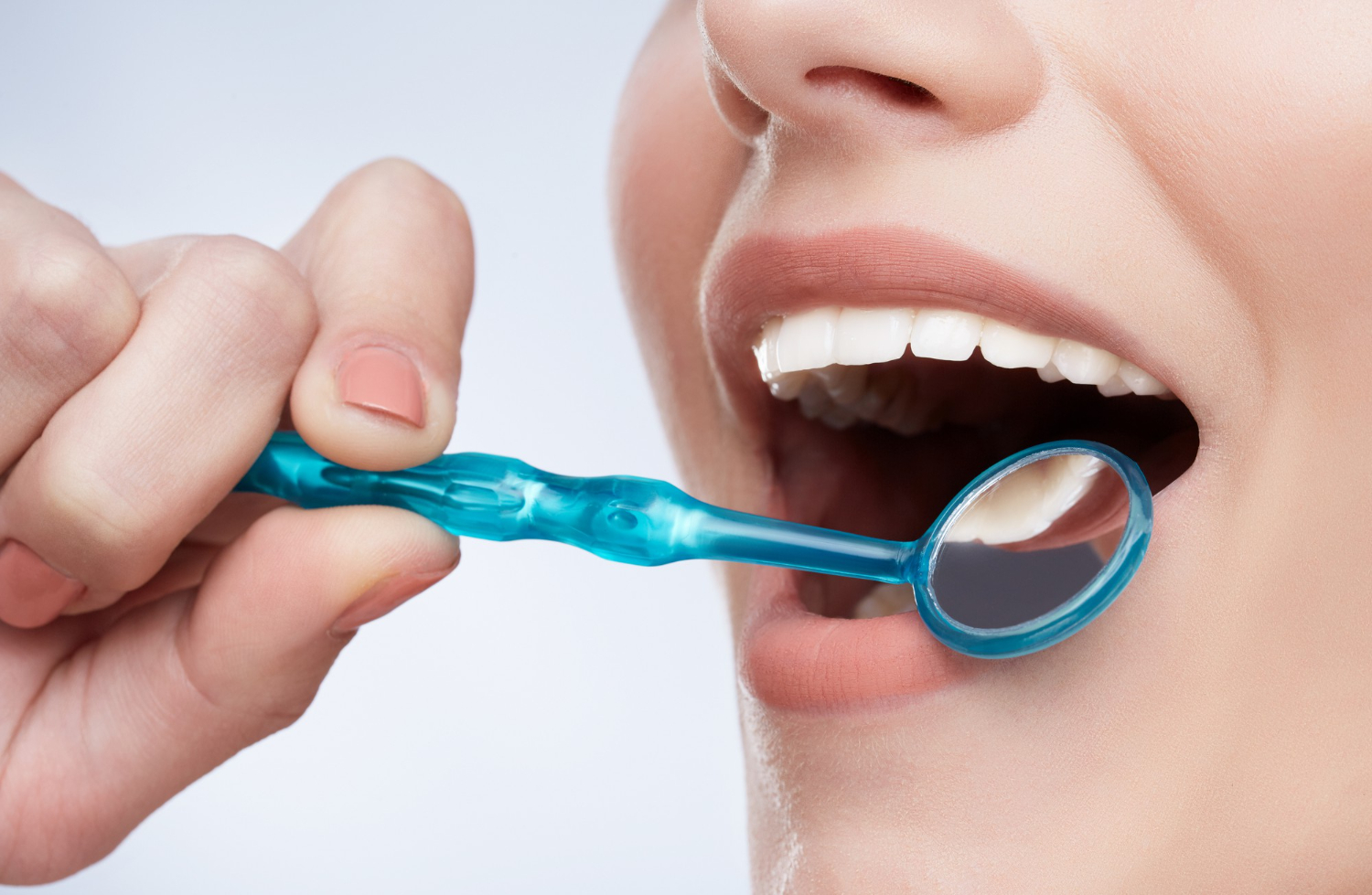Teeth cleanings are an essential part of maintaining good oral hygiene and preventing dental problems. Regular dental cleanings help keep your teeth and gums healthy, ensuring a bright smile and overall well-being. In this article, we will explore the importance of teeth cleanings, the different types available, what to expect during a cleaning, how often you should get them, and tips for maintaining oral hygiene between cleanings.
Introduction
Proper oral hygiene is crucial for a healthy mouth and a confident smile. While brushing and flossing at home are important, they are not enough to remove all the plaque and tartar that can accumulate over time. That’s where professional teeth cleanings come into play. Let’s delve into why teeth cleanings are essential and the benefits they provide.
The Importance of Teeth Cleanings
Regular teeth cleanings play a vital role in preventing dental issues such as cavities, gum disease, and bad breath. Despite our best efforts, plaque and tartar can build up on our teeth, leading to bacterial growth and potential oral health problems. Professional cleanings help remove these deposits, keeping your teeth and gums healthy.
Types of Teeth Cleanings
Regular Dental Cleanings
Regular dental cleanings, also known as prophylaxis, are typically performed every six months. During these cleanings, your dental hygienist will use special tools to remove plaque and tartar from your teeth. They will also polish your teeth to remove surface stains, leaving them clean and smooth.
Deep Dental Cleanings
Deep dental cleanings, also called scaling and root planing, are performed when there is a significant build-up of plaque and tartar below the gum line. This procedure involves a thorough cleaning of the teeth and root surfaces to remove bacteria and smooth out rough spots. Deep cleanings are often recommended for individuals with gum disease or those who haven’t had regular cleanings for an extended period.
Benefits of Teeth Cleanings
Regular teeth cleanings offer several benefits for your oral health and overall well-being:
Preventing Cavities
Dental cleanings help remove plaque, which is a sticky film containing bacteria that can erode tooth enamel and cause cavities. By eliminating plaque, cleanings reduce the risk of tooth decay and the need for more extensive dental work in the future.
Gum Disease Prevention
Plaque and tartar can also lead to gum disease, a common condition that affects the tissues surrounding the teeth. Regular cleanings help remove these harmful substances, preventing gum inflammation, bleeding, and the progression of gum disease.
Fresh Breath
Persistent bad breath can be a sign of underlying oral health issues. Teeth cleanings eliminate bacteria and plaque that contribute to bad breath, leaving your mouth feeling fresh and clean.
Early Detection of Dental Issues
During a teeth cleaning, your dentist will thoroughly examine your mouth for any signs of dental problems. Regular cleanings allow for the early detection of issues like tooth decay, gum disease, oral cancer, and other abnormalities. Early intervention can prevent further damage and potentially save your teeth.
Maintaining Overall Health
Oral health is closely linked to overall health. Poor oral hygiene has been associated with various systemic conditions, including heart disease, diabetes, and respiratory infections. By maintaining good oral hygiene through regular teeth cleanings, you can help protect your overall well-being.
What to Expect During a Teeth Cleaning
A typical teeth cleaning appointment involves several steps:
Step 1: Examination
Before starting the cleaning, your dental professional will examine your teeth and gums, looking for any signs of oral health issues. This examination helps them identify areas that may require special attention during the cleaning process.
Step 2: Plaque and Tartar Removal
Using specialized tools, your dental hygienist will gently scrape off the plaque and tartar from your teeth. This process, known as scaling, focuses on removing the buildup of hardened deposits that cannot be removed by regular brushing and flossing alone.
Step 3: Teeth Polishing
After scaling, your teeth will be polished using a gritty toothpaste and a high-powered electric toothbrush. This polishing helps remove any remaining stains and leaves your teeth with a smooth and shiny surface.
Step 4: Flossing and Fluoride Treatment
Your dental hygienist will then floss your teeth to ensure that any remaining debris or plaque is removed from between the teeth and along the gumline. Finally, a fluoride treatment may be applied to strengthen the enamel and protect your teeth against decay.
How Often Should You Get Teeth Cleanings?
The frequency of teeth cleanings depends on various factors, including your oral health, dental history, and the recommendation of your dentist. In general, most people benefit from having their teeth professionally cleaned every six months. However, some individuals with specific dental conditions or a higher risk of oral health problems may require more frequent cleanings.
Tips for Maintaining Good Oral Hygiene Between Cleanings
While teeth cleanings are essential, it’s crucial to maintain good oral hygiene practices between appointments. Here are some tips to keep your teeth and gums healthy:
Brushing Techniques
Brush your teeth at least twice a day using a soft-bristled toothbrush and fluoride toothpaste. Use gentle, circular motions and make sure to brush all surfaces of your teeth, including the gumline.
Flossing Techniques
Floss your teeth daily to remove plaque and food particles from between your teeth. Use a gentle back-and-forth motion and curve the floss around each tooth, reaching below the gumline.
Mouthwash and Other Dental Products
Consider incorporating mouthwash into your oral hygiene routine to help kill bacteria and freshen your breath. Additionally, your dentist may recommend other dental products, such as interdental brushes or antimicrobial rinses, to address specific oral health needs.
Common Misconceptions About Teeth Cleanings
There are some common misconceptions surrounding teeth cleanings. Let’s address a few of them:
Teeth Cleanings are Painful
Teeth cleanings are generally painless. The dental hygienist uses specialized tools designed to be gentle on your teeth and gums. If you experience sensitivity, you can communicate with your hygienist, and they can adjust their techniques accordingly.
Teeth Cleanings are Only for People with Dental Issues
Teeth cleanings are beneficial for everyone, regardless of whether they have dental issues or not. Regular cleanings help prevent dental problems before they arise and ensure optimal oral health.
Teeth Cleanings are Expensive
Teeth cleanings are a worthwhile investment in your oral health. While costs may vary depending on your location and dental insurance coverage, they are generally affordable. Remember that preventing dental issues through regular cleanings can save you money on more extensive treatments in the future.
Conclusion
Teeth cleanings are an essential part of maintaining good oral health. They help prevent cavities, gum disease, and bad breath while promoting overall well-being. By scheduling regular cleanings, following proper oral hygiene practices, and addressing common misconceptions, you can enjoy a healthy smile for years to come.
FAQs
1. How long does a teeth cleaning appointment usually take?
A typical teeth cleaning appointment usually takes around 45 minutes to an hour. However, the duration may vary depending on your specific needs and the condition of your oral health.
2. Are teeth cleanings covered by dental insurance?
Many dental insurance plans cover teeth cleanings as part of preventive care. It’s best to check with your insurance provider to understand your coverage and any associated costs.
3. Can I eat or drink after a teeth cleaning?
It’s generally recommended to wait for at least 30 minutes after a teeth cleaning before eating or drinking to allow the fluoride treatment to fully take effect.
4. Are teeth cleanings safe during pregnancy?
Yes, teeth cleanings are safe during pregnancy. In fact, maintaining good oral health is particularly important during pregnancy due to hormonal changes that can increase the risk of gum disease.
5. Can children have teeth cleanings?
Yes, children can and should have teeth cleanings. Starting regular dental cleanings early helps establish good oral hygiene habits and prevents dental problems in the future.




